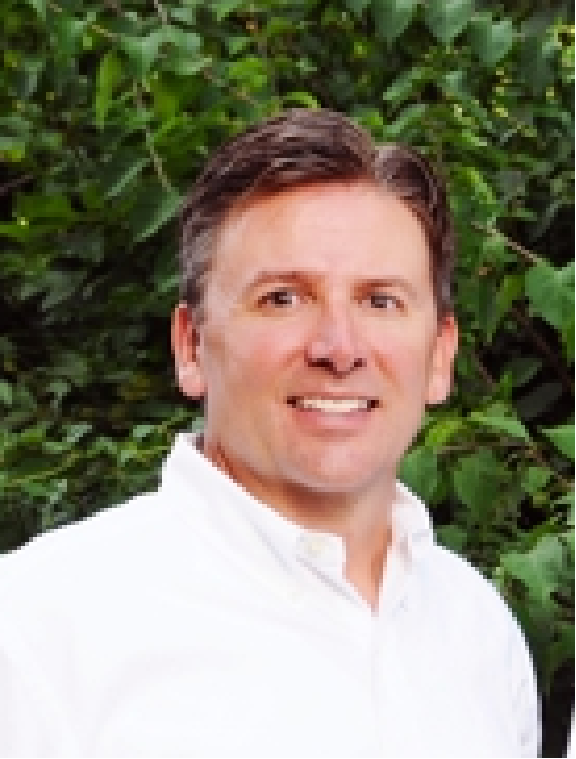
20 Questions: Darcy Lockman, PhD – Clinical Psychologist
Darcy Lockman shares her thoughts on the field of psychology and offers some advice for students.
Written by: Juliet Farmer
Published on: April 21, 2013

Darcy Lockman shares her thoughts on the field of psychology and offers some advice for students.
Written by: Juliet Farmer
Published on: April 21, 2013

Strategies on how to be a competitive applicant for veterinary school.
Written by: Victoria Elise Kichler
Published on: April 16, 2013
Christopher Anderson shares his thoughts on the field of neurology and offers some advice for students.
Written by: Juliet Farmer
Published on: April 14, 2013
Strategies for coping with the stress of medical school.
Written by: Philip Carullo
Published on: April 9, 2013

Kathie M. Horrace-Voigt shares her thoughts on locum tenens practice and rural medicine.
Written by: Juliet Farmer
Published on: April 7, 2013

Gregory Inman shares his thoughts on the field of dentistry and offers some advice for students.
Written by: Juliet Farmer
Published on: March 31, 2013
The personal story of one person's journey to medical school.
Written by: Shekinah Elmore, MPH
Published on: March 26, 2013
Christopher Choukalas shares his thoughts on the field of anesthesiology and offers some advice for students.
Written by: Juliet Farmer
Published on: March 24, 2013
An interesting story about a patient at a charity hospital.
Written by: James G. McCully, MD
Published on: March 21, 2013
How to think of interviews in a positive way.
Written by: Sean Dreyer
Published on: March 19, 2013
John Jaureguito shares his thoughts on the field of orthopaedic surgery and offers some advice for students.
Written by: Juliet Farmer
Published on: March 17, 2013
Medical specialty choice: Who am I and what should I do in my professional life?
Written by: Anita D. Taylor
Published on: March 14, 2013
Expert tips to make your personal statement stand out.
Written by: Michelle Finkel
Published on: March 12, 2013
Sara Austin shares her thoughts on the field of neurology and offers some advice for students.
Written by: Juliet Farmer
Published on: March 10, 2013
Brian James Fligor shares his thoughts on the field of audiology and offers some advice for students.
Written by: Juliet Farmer
Published on: March 3, 2013
James Rosing shares his thoughts on the field of plastic surgery and offers some advice for students.
Written by: Juliet Farmer
Published on: February 24, 2013
Richard Roberts shares his thoughts on the field of audiology and offers some advice for students.
Written by: Juliet Farmer
Published on: February 10, 2013
What is a multiple mini-interview and what should you do to be ready?
Written by: Jeremiah Fleenor
Published on: February 6, 2013
Marion Mass shares advice for students and gives perspective on the field of pediatrics
Written by: Justin Angelo
Published on: February 3, 2013